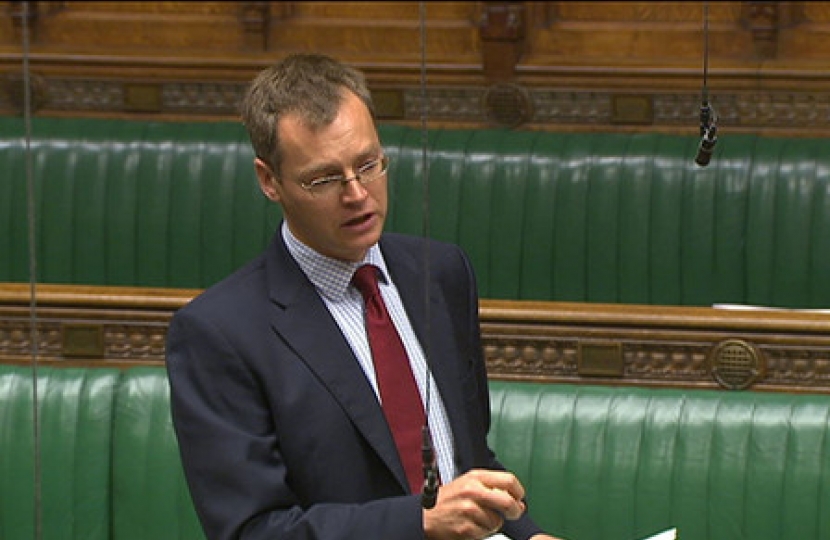
Early Day Motions (EDMs)
I receive many emails from constituents each day, and often they ask me to sign Early Day Motions, known as EDMs. As a rule, I do not sign EDMs and many people have asked me why. It is not because I do not care about the particular cause, it is simply that EDMs don’t actually achieve anything. They cost thousands of pounds to administer each year, and in my view they do not represent value for money.
EDMs have no chance of changing the law. Effectively they are petitions that only MPs can sign. I feel that these have now been taken over by parliamentary e-petitions that everyone can sign, which can then prompt a Parliamentary debate. It takes little effort for a Member of Parliament to sign an EDM, but I feel this gives an impression that action is being taken, or that EDMs are noticed, when in fact they are not.
Being fair, at their best and when they were first introduced, they were a tool for attracting attention to an issue, or cause. But now there are multiple ways through social media to publicise such issues. Some EDMs are simply trivial – the importance of Winnie-the-Pooh, or pointing out that beards can be healthy. Of course I love Winnie-the-Pooh - no, really I do ! - but I’m not sure that signing an EDM will add to the sum of A A Milne’s work. Other EDMs can be extremely technical, using language which even MPs signing struggle to understand.
When a constituent has a concern about an issue, I would far rather write directly to a minister, which I do regularly, or arrange to discuss the issues face to face. I have had numerous meetings with ministers, a little bit like my own “surgeries”, where I have raised concerns, challenged them about policy or suggest changes to forthcoming legislation. For example, I have recently had such a meeting with the Secretary of State for the Environment to discuss farming and a minister from the Home Office to discuss prisons. This is in addition to more informal discussions with ministers about a wide range of issues affecting Dorset and our country.
Constituents also sometimes ask me to ask the Prime Minister a question at Prime Minister’s Questions. PMQs is the most well-known aspect of the work in Parliament. To ask a question of the Prime Minister, MPs have to submit a question to the ballot – so it is a matter of chance whether I get chosen to ask a question. Far less high profile are the daily departmental questions. In these, I can ask ministers questions about their departmental area. Those of you who follow these matters closely will know that I frequently raise issues about Dorset, including in my campaign for better mobile and broadband coverage!